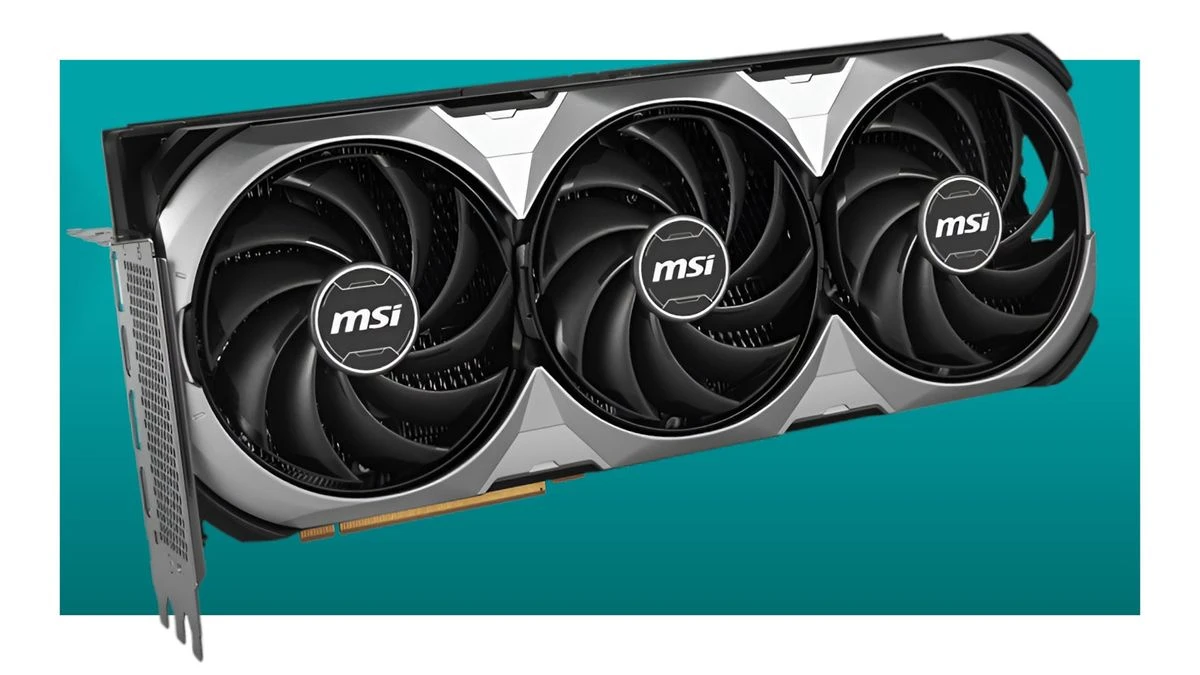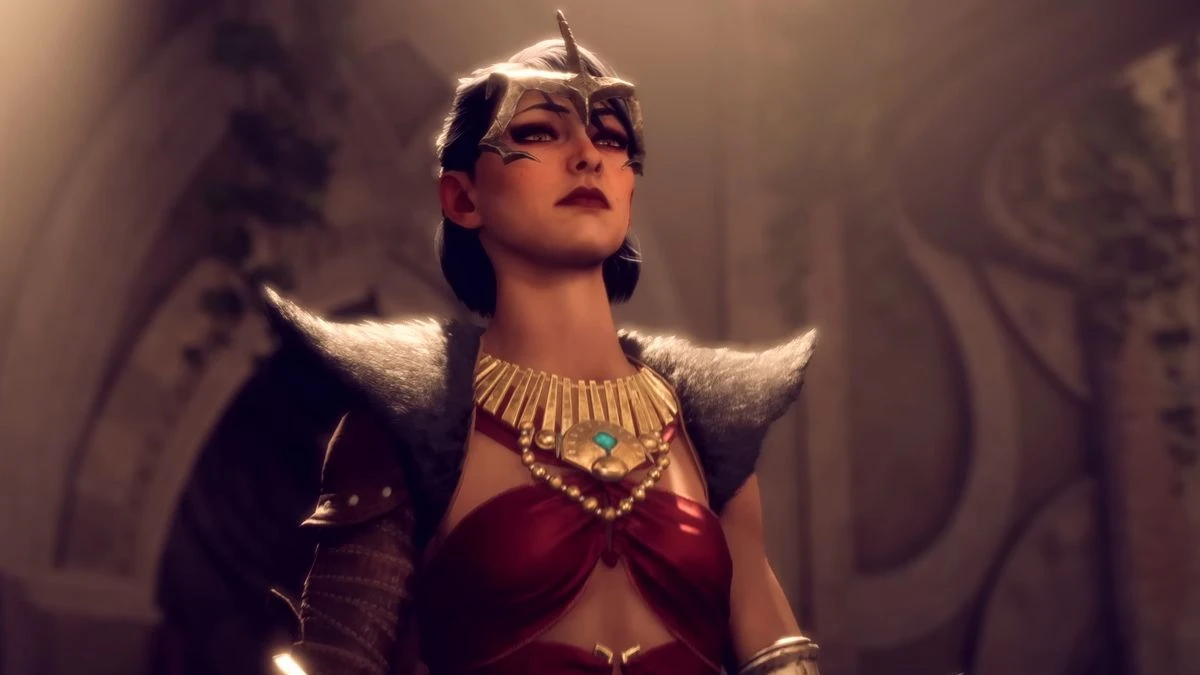We were happy to see that the GeForce RTX 4080 super's MSRP was lower than that of the original RTX 4080. $999 instead $1,199 was a better deal. The RTX 4080 Super was a fraction faster, but it still didn't feel like a great value.
This MSI deal is a great way to offset that, and it has shaved more than $140 off the Super's suggested price.
What exactly do you get for $856? It's powered by Ada Lovelace, the same architecture that powers all current Nvidia RTX 40 series cards. This architecture is known for its low power consumption and high gaming performance. The RTX 4080 Super has 10,240 CUDA Cores (you can call them shaders if you want) and the MSI model boost clock is 2,595 MHz. This means that it has a peak FP32 performance of 53.1 TFLOPS.
If you aren't sure if this is a lot or not, the Radeon RX RX 7900 XTX (61,4 and 82.6 TFLOPS) and RTX 4090 (62,4 and 82.6 TFLOPS respectively) are higher.
The RX 7900 XTX from MSI is a good GPU against which to compare the RTX 4080. This is because it is a little less expensive than AMD's top GPU by a few dollars. The Radeon card is faster when using standard rasterization and has more VRAM (16 vs 24 GB), but the RTX 4080 Super performs much better with ray tracing.
The RTX card also has the full DLSS 3.5 features. Both GPUs have upscaling capabilities and frame interpolation to boost performance. However, Nvidia's AI powered systems are better in general, especially its frame generation system. There's not a lot to differentiate them in terms of performance. However, DLSS produces better results.
The RTX 4080 Super also does a better job of managing its power consumption. The RTX 4080 Super is also better at managing its power consumption.
This makes it easier for the graphics cards cooler to keep the card...err...cool. More importantly, the RTX 4080 Super will be quieter than the other two cards.
The GeForce RTX 4080 Super graphics card is a great, but expensive, graphics card. With this deal, however, it becomes a much more attractive prospect. It's still a large sum of money, but it's the best deal available until the next generation GPUs from AMD, Intel and Nvidia arrive.




Comments